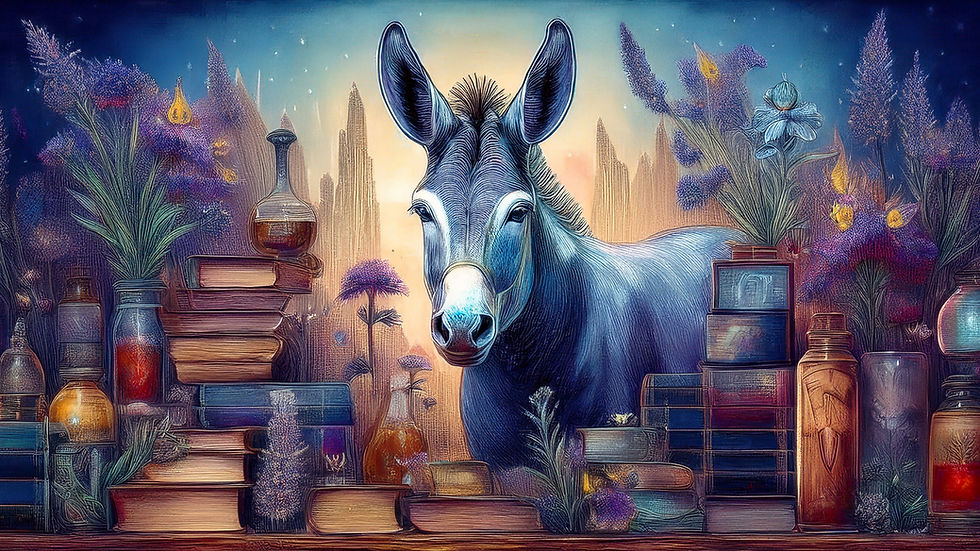Issachar — The Fifth Tribe: The One Who Feels the Laws with the Heart
- Jul 26, 2025
- 2 min read

Issachar — the fifth tribe of Israel — is known as the one who feels the laws with the heart. In this poetic exploration, we reveal the tribe’s inner mission through sacred scent, symbolic plants, and a return to embodied wisdom. This post is part of the Aroma of the Tribes series, where each tribe is paired with plants that echo its unique path of Tikun.
When God created Issachar,
He gave him no crown,
placed no sword in his hand —
He planted a garden in his chest.
Issachar does not teach — he listens.
He does not conquer knowledge,
he allows knowledge to reveal itself.
He explores nature not for control,
but for Love.
He seeks the origins —
not to possess,
but to be nourished.
For Issachar, intuition is
the silence in which light speaks.
Lavandula dentata — lavender with a lace edge.
Unlike the others.
In her is something of the mystery of dreams and trembling.
Aroma: floral, pollen-like, with a spicy note.
Effect: opens perception, calms the mind, awakens imagery.
Teucrium capitatum — germander.
Pale-silver like wisdom
that needs no words.
It warms — and thus heals.
Aroma: warm, spicy, earthy.
Effect: grounds sensitivity, helps one be honest with oneself.
Thymelaea hirsuta — a plant of severe form.
It does not allure. It protects.
Knowledge is not always gentle.
Sometimes it is like stone —
but within it is hidden water.
Aroma: restrained, dry, barely noticeable.
Effect: strengthens boundaries, sharpens intuition, clears illusion.
Aroma:
- Lavandula dentata: subtle, floral, a little mysterious
- Teucrium capitatum: warm, spicy, comforting
- Thymelaea hirsuta: dry, sharp, purifying
Effect:
They open intuition, connect to nature,
bring the silence where higher laws can be heard.
Message of Issachar:
“Do not rush to know.
Let knowledge become breath.
You were not made for answers —
but to gently keep the truth alive.”
🌿 This plant is part of Course 2 in the Talei Or online journey.
It invites deeper connection through scent and inner movement.



Comments